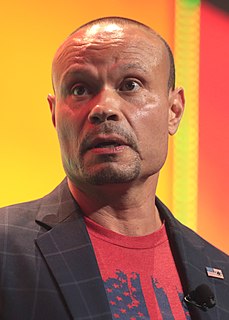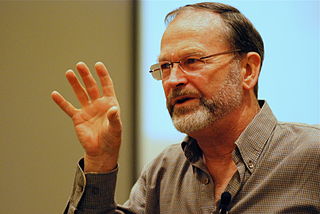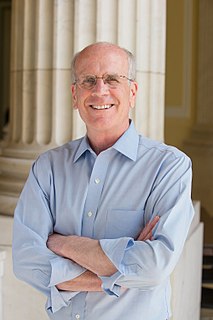A Quote by Barney Frank
But it is also clear that left entirely untouched by public policy, the capitalist system will produce more inequality than is socially healthy or than is necessary for maximum efficiency.
Related Quotes
Until the Left took over American public education in the second half of the 20th century, it was generally excellent - look at the high level of eighth-grade exams from early in the 20th century and you will weep. The more money the Left has gotten for education - America now spends more per student than any country in the world - the worse the academic results. And the Left has removed God and dress codes from schools - with socially disastrous results.
Capitalism is very far from a perfect system, but so far we have yet to find anything that clearly does a better job of meeting human needs than a regulated capitalist economy coupled with a welfare and health care system that meets the basic needs of those who do not thrive in the capitalist economy. If we ever do find a better system, I'll be happy to call myself an anti-capitalist.
The important issue is not how much inequality there is but how much opportunity there is for individuals to get out of the bottom classes and into the top. If there is enough movement upward, people will accept the efficiency of the markets. If you have opportunity, there is a great tolerance for inequality. That has been the saving grace of the American system.
History has shown us many times that if the state repressively forces the redistribution of wealth and social justice, it becomes dangerous both for democracy and for human creativity. Yet, restraining the excesses of a capitalist structure that creates new inequities seems to need more than good public policy.
Gold is not less but more rational than paper money. Money holds value so long as it is in limited supply; gold will always be in limited supply, and would require real resources to produce even from the sea; paper and printing ink are not in limited supply. The gold system is much closer to a modern automatic scientific control system than the crude and relatively unstable system of paper.
For society, the Internet is wonderful, but for capitalists, it will be a net negative. It will increase efficiency, but lots of things increase efficiency without increasing profits. It is way more likely to make American businesses less profitable than more profitable. This is perfectly obvious, but very little understood.
































